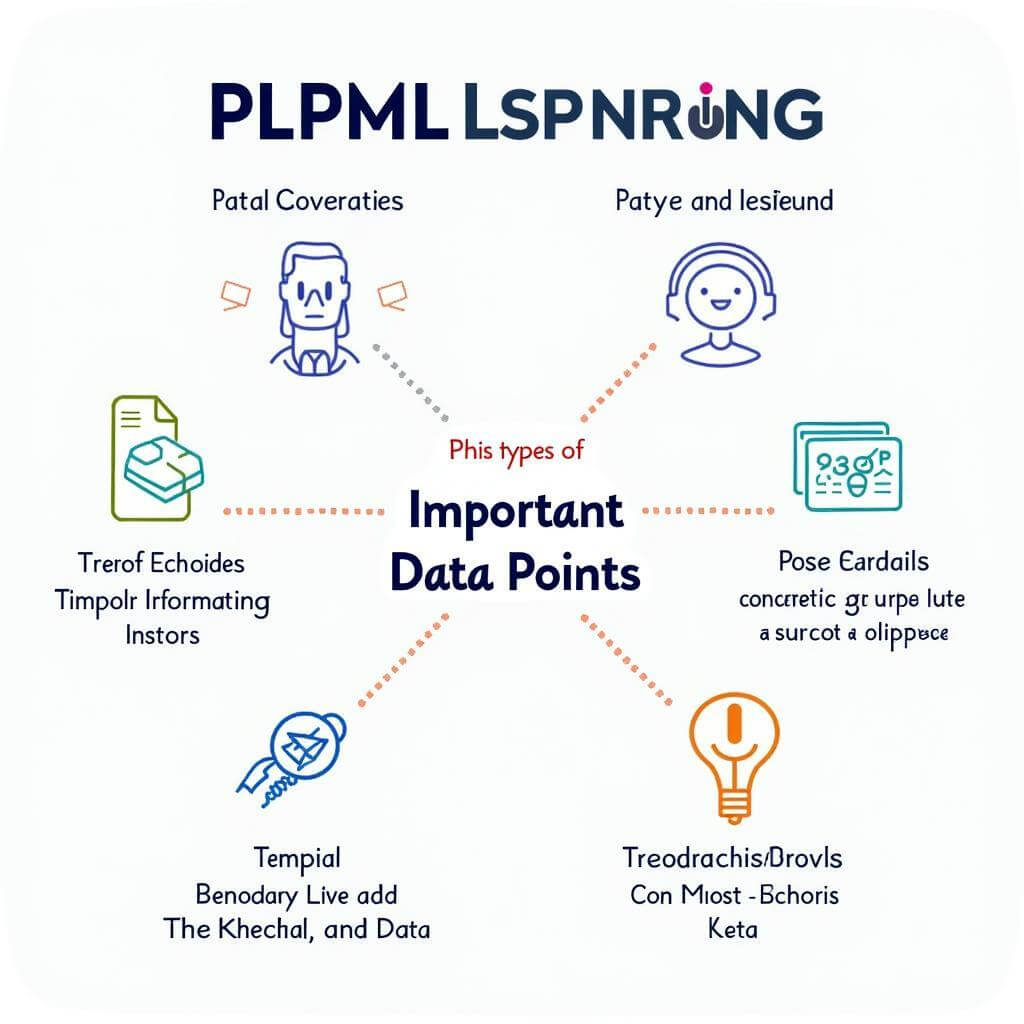Listening for important data points is a crucial skill in the IELTS exam, particularly in the Listening section. This ability can significantly impact your overall performance and score. As an experienced IELTS instructor, I can attest to the importance of honing this skill to excel in the test.
Understanding the Concept of Important Data Points
Important data points refer to key pieces of information that are essential for answering questions accurately in the IELTS Listening test. These can include names, numbers, dates, locations, and specific details about events or processes. Recognizing and capturing these critical elements is vital for success in the exam.
Managing long conversations in listening is another crucial aspect of identifying important data points. Long conversations often contain multiple key details, and being able to follow and extract this information is essential for achieving a high score.
Examples of Important Data Points
To better understand what constitutes important data points, consider the following examples:
- Numerical information: Prices, ages, years, measurements
- Personal details: Names, occupations, nationalities
- Temporal information: Dates, times, durations
- Geographical data: Addresses, cities, countries
- Descriptive details: Colors, shapes, materials
- Procedural information: Steps in a process, instructions
- Academic data: Course names, subject areas, research findings
- Contact information: Phone numbers, email addresses, websites
- Event details: Venues, schedules, participants
- Comparative data: Differences between options, advantages/disadvantages

Applying the Skill in IELTS Listening Tests
When taking the IELTS Listening test, it’s crucial to apply your skills in identifying important data points effectively. Here are some strategies to help you excel:
-
Preview questions: Before the audio begins, carefully read through the questions to anticipate the type of information you’ll need to listen for.
-
Focus on key words: Pay attention to specific words in the questions that indicate the type of data point you’re listening for, such as “when,” “where,” or “how many.”
-
Listen for signpost language: Speakers often use phrases like “the most important thing is” or “the key point here” to highlight crucial information.
-
Note-taking: Develop a quick and efficient note-taking system to jot down important data points as you hear them.
-
Stay alert throughout: Important information can appear at any point in the recording, so maintain focus from start to finish.
Common Mistakes to Avoid
While listening for important data points, be aware of these common pitfalls:
- Focusing too much on unimportant details
- Missing information due to anticipating answers too early
- Getting distracted by unfamiliar vocabulary
- Failing to recognize paraphrased information
- Misinterpreting numbers or spelling of names
Practice Techniques for Improvement
To enhance your ability to identify and retain important data points, consider these practice techniques:
-
Active listening exercises: Listen to various audio sources (news broadcasts, podcasts, lectures) and practice identifying key information.
-
Timed note-taking: Set a timer and practice taking concise notes on important points from audio materials.
-
Paraphrasing practice: After listening to a piece of information, try to restate the key points in your own words.
-
Memory games: Play memory games that involve recalling specific details from spoken information.
-
Mock tests: Regularly attempt practice IELTS Listening tests to familiarize yourself with the format and timing.
Strategies for Different Question Types
Different question types in the IELTS Listening test require varying approaches to identifying important data points:
Multiple Choice Questions
For multiple choice questions, focus on listening for specific details that match or contradict the options provided. Be aware of distractors – information that sounds similar but is not the correct answer.
Fill-in-the-Blank Questions
When dealing with fill-in-the-blank questions, pay close attention to the context surrounding the missing information. Often, the speaker will provide additional details or explanations that can help you identify the correct answer.
Matching Questions
For matching tasks, listen for key descriptors or characteristics that link items together. Create mental associations between the information you hear and the options provided in the question.
Map/Diagram Labeling
In map or diagram labeling questions, concentrate on directional language and spatial relationships. Listen for prepositions and location-specific vocabulary to accurately place labels.
Conclusion
Mastering the skill of listening for important data points is essential for success in the IELTS Listening test. By understanding what constitutes important information, applying effective strategies, and practicing regularly, you can significantly improve your performance. Remember, consistency and focused practice are key to developing this crucial skill. Keep honing your abilities, and you’ll be well-prepared to tackle any IELTS Listening challenge with confidence.